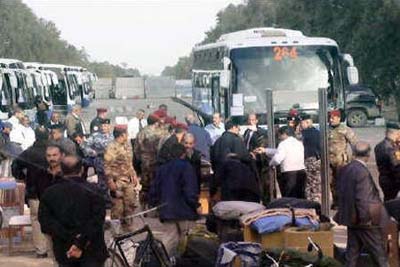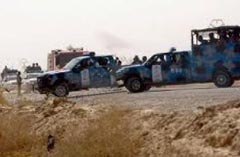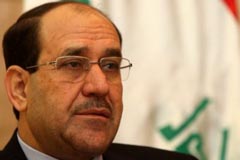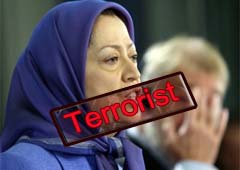Iraq on Tuesday told an Iranian dissident group that was given a base in Iraq by Saddam  Hussein but is now out of favor with a government that is close to Iran that it must move out of the camp immediately or be forced to leave.
Hussein but is now out of favor with a government that is close to Iran that it must move out of the camp immediately or be forced to leave.
Iraqi authorities have been locked in a protracted row with the Mujahadin-e Khalq (MEK) over their plan to move 3,000 MEK members from Camp Ashraf to a large former U.S. military base – a step toward expelling the group from Iraqi territory.
![]()
The United States also said last month that the group should close the camp, saying it was "gravely mistaken" to think there was another option.
"We have reached a dead end (with them) and the extension ends today, they have to move," Falih al-Fayadh, Iraq’s National Security Advisor, told a conference attended by the U.N. mission in Iraq, aid groups and Western and Arab diplomats.
"Now we are free to implement the mechanisms required to transfer those who live in (Camp Ashraf) to where we find appropriate."
The MEK has complained of mistreatment and poor conditions at the new facility, known as Camp Liberty, and U.S. officials say they have urged the Iraqi government to address some of its concerns.
A spokesman for the National Council of Resistance of Iran in Paris (NCRI), an affiliated group, said the 1,200 members still living at the camp would leave only when specific demands, including the provision of clean water, were met.
About 1,800 to 1,900 people have already been moved to the new facility, according to officials.
PEACEFUL TRANSFER URGED
Also known as the People’s Mujahideen Organization of Iran, the group led a guerrilla campaign against the U.S.-backed Shah of Iran during the 1970s that also included attacks on U.S. targets. It took refuge at Camp Ashraf, 65 km (40 miles) from Baghdad, during the 1980-1988 Iran-Iraq war.
The MEK, which wants to overthrow Iran’s clerical leaders, is no longer welcome in Iraq under the country’s Shi’ite-led government, which is close to Iran.
The Special Representative of the United Nations Secretary-General in Iraq, Martin Kobler, urged Iraqi authorities to avoid violence in their efforts to remove the group.
Clashes between Ashraf residents and Iraqi security forces last year killed 34 people. The NCRI has also blamed rocket attacks on Ashraf on the Quds Force of Iran’s Revolutionary Guards Corps.
"The Iraqi government does not define involuntary transfer as being through violence or the use of weapons," Fayadh told the conference.
Iraq said it will observe a grace period of "a few days" to allow foreign governments to offer the group sanctuary or to suggest other solutions to the dispute.
The United States added the MEK to its blacklist of foreign terrorist organizations in 1997, but the group has since said that it has renounced violence and has mounted a legal and public relations campaign to have the designation dropped.
By Aseel Kami
Editing by Barry Malone and Tim Pearce

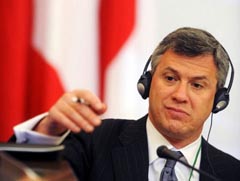 organizations could depend on its compliance.
organizations could depend on its compliance. 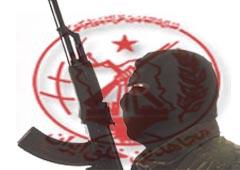
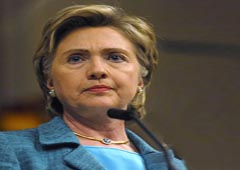
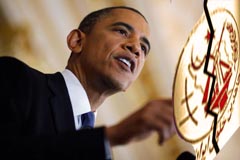 Khalq from a U.S. terrorism blacklist.
Khalq from a U.S. terrorism blacklist.